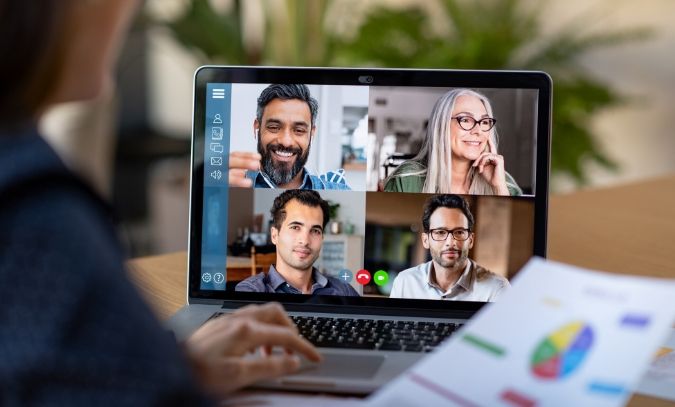Digital Literacy, Internet Safety, and Social MediaDigital citizenship, footprint, fake news dictionary, bots, digital detox, personal boundaries, mental health and well-being in the digital world.
Erasmus+ course summary
Inadequate digital literacy can harness the safety of students, decrease their abilities to build skills online, and diminish their employability. Needless to say that students’ mental health is at risk with a lack of skills in managing cyberbullying, critical distance towards data privacy and spotting fake news. This course offers teachers engaging activities and learning materials to increase the digital literacy of their students. To promote a holistic view of digital literacy, this course also puts attention to school culture, work with parents and mental health topics. "The biggest part of our digital transformation is changing the way we think." - Simeon Preston
Session dates
Ljubljana, SI14 - 19 October 2024 - Confirmed
27 January - 2 February 2025 |
FeaturesRelated |
Course Content
PROGRAMME DAY-BY-DAY
Training usually takes place between 9:00 am and 14:00 pm, followed by after-class activities, that are optional. DAY 1 We start off with an introductory meeting, an explanation of practical arrangements and a presentation of the participants and timetable. The participants are encouraged to express their expectations, needs and wishes regarding the content of the programme and learning methods. * Safety dimensions of data privacy, passwords, digital presence, and digital trace. Digital vulnerability. Understanding how the internet works. Project-Based Learning activities on spotting fake news: critical thinking skills, realistic scenarios. Fake news dictionary: botnet, clickbait, conspiracy theories, deep fake, fraud, filter bubble. DAY 2 Fostering empathy development to reduce cyberbullying. Self-regulation and managing ghosting, trolling, gossip, prank, digital drama, and hate speech. Relationships and communication in students’ digital community. Preventing FOMO: Fear of Missing Out. Digital citizenship: credit and copyright, storytelling ethics, reporting problems, abusive behaviours and inappropriate content. DAY 3 Lesson plans and activity sheets for facilitating safe behaviour in a digital world: gaming, social media, and commercial world. Half-day excursion. DAY 4 A holistic approach to digital literacy I: cultivating safety culture in schools. A holistic approach to digital literacy II: workshops with parents. Additional educational resources to teach digital literacy. DAY 5 Mental health, digital downtime, and digital detox. Teaching self-confidence skills in a digital world: saying NO, personal boundaries, courage for upstanding when spotting cyberbullying, character strengths. DAY 6 Evaluation and farewell. Documentation and certificates of attendance. * Some changes in the programme are possible - the content of the course is always adapted to the participants previous knowledge, expectations and requirements. The participants receive the Informational Booklet a few weeks prior to the start of the course. |
INTERNATIONAL ERASMUS+ LEARNING WITH PRIMERA
Become a member of Primera's international learning community.
Your network is a family you choose. |





